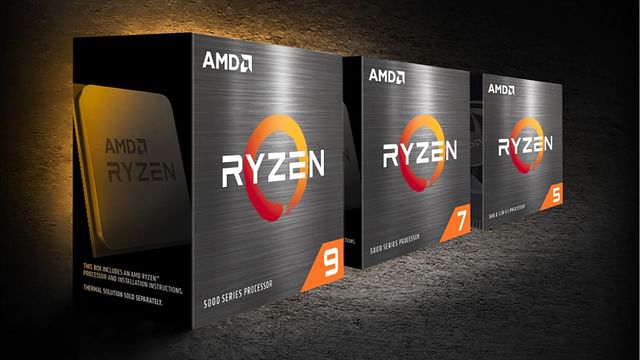What Are CPU Generations and Why They Matter
What Are CPU Generations and Why They Matter
If you have ever gone shopping for a new computer or watched videos of PC building, you've probably heard things like Intel 13th Gen i5 or AMD Ryzen 7000 series. But what exactly does all that "generation" nonsense actually mean? And why should you care in the first place? Let's break it down.
1. What Are CPU Generations?
A CPU generation is simply the "version" or "era" of Intel or AMD processors. Just as iPhones release iPhone 12, 13, 14, and so on, CPUs also release in generations.
- For Intel, it's really straightforward — like 11th Gen, 12th Gen, 13th Gen.
- For AMD Ryzen, it's by series numbers — 1000, 2000, 3000, 5000, 7000, etc.
Every new generation typically brings improvements: faster speed, more cores, better power efficiency, and occasionally brand new features.
Which generations are there? Read more on this blog.
2. Why Generations Matter?
a) Performance Improvements
Every new generation attempts to make CPUs faster and more powerful. As an example, Intel's 12th Gen delivered huge performance increases over 11th Gen due to a new architecture (big and little cores, like your phone).
b) New Features
Generations aren't purely about pure speed. They also bring in support for new technology, such as:
- Faster RAM (DDR5)
- Faster storage (PCIe Gen 5)
- Improved integrated graphics
- Improvements in energy efficiency
c) Motherboard compatibility
This one's massive. A CPU doesn't operate in isolation — it requires a motherboard socket that's compatible with it. More modern generations occasionally employ different sockets, which translates to you possibly needing a new motherboard if you upgrade. (Example: Intel 13th Gen employs LGA 1700, not legacy sockets.)
d) Longevity
If you purchase an older-generation CPU now, it may cost less, but it will not last as long for future software and games. New generations typically provide more future-proofing.
3. Do You Always Need the Latest Generation?
Not always.
- If you're on a tight budget, taking a last-gen CPU (such as an Intel 12th Gen i5 versus 13th Gen) will still provide you with incredible performance at a lower cost.
- If you want the best performance and features (such as DDR5 RAM or PCIe Gen 5 SSDs), then the current generation is the way to go.
Its all about balancing budget vs performance.
Final Thoughts
CPU generations are similar to "chapters" in the narrative of computer performance. Each successive one makes your PC stronger, quicker, and better equipped for the future. No matter which you choose, last-gen or latest, knowing generations keeps you from throwing money away and ensures your CPU will play nicely with the rest of your build.





Comments
Post a Comment